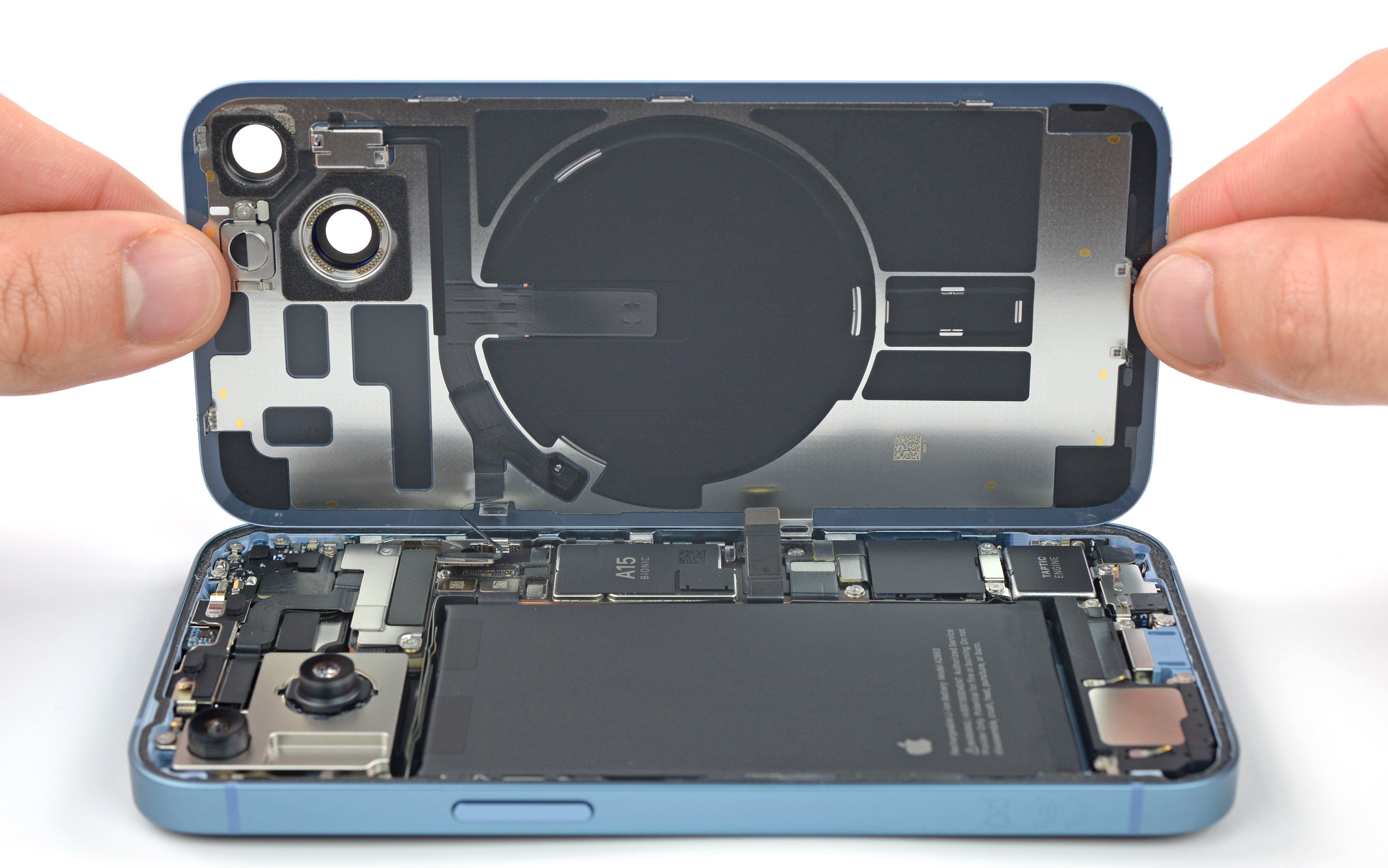President Donald Trump’s administration exempted smartphones, computers and other electronics from its so-called reciprocal tariffs, potentially cushioning consumers from sticker shock while benefiting electronics giants including Apple Inc. and Samsung Electronics Co.
The exclusions, published late Friday by US Customs and Border Protection, narrow the scope of the levies by excluding the products from Trump’s 125% China tariff and his baseline 10% global tariff on nearly all other countries.
The exclusions would apply to smartphones, laptop computers, hard drives and computer processors and memory chips. Those popular consumer electronics items generally aren’t made in the US. Setting up domestic manufacturing would take years.
The products that won’t be subject to Trump’s new tariffs also include machines used to make semiconductors. That would be important for Taiwan Semiconductor Manufacturing Co., which has announced a major new investment in the US as well as other chipmakers.
The tariff reprieve may prove fleeting. The exclusions stem from the initial order, which prevented extra tariffs on certain sectors from stacking cumulatively on top of the country-wide rates. The exclusion is a sign that the products may soon be subject to a different tariff, albeit almost surely a lower one for China.
One such exclusion was for semiconductors, to which Trump has regularly pledged to apply a specific tariff. He hasn’t yet done so but the latest exclusions appear to correspond with that exemption. Trump’s sectoral tariffs have so far been set at 25%, though it’s not clear what his rate on semiconductors and related products would be.
The White House didn’t immediately respond to a request for comment.
Last edited by a moderator:


